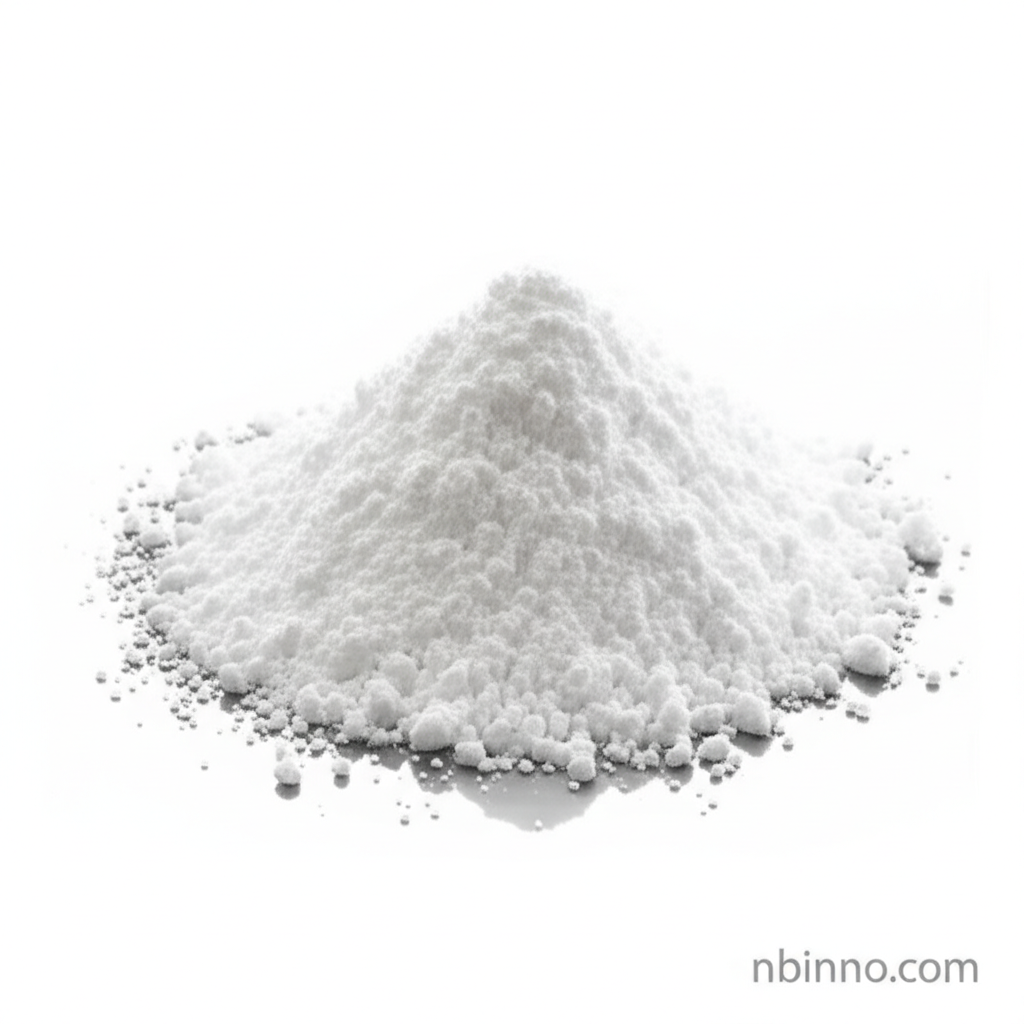Microcrystalline Cellulose: The Cornerstone of Pharmaceutical Formulations
Unlocking tablet efficacy and manufacturing efficiency with a versatile, plant-derived excipient.
Get a Quote & SampleProduct Core Value

Microcrystalline Cellulose
Microcrystalline Cellulose (MCC) is a purified, partially depolymerized cellulose derived from plant fibers, widely recognized as a critical excipient in the pharmaceutical industry. Its unique physicochemical properties make it an indispensable component for enhancing tablet and capsule formulations, contributing to both drug efficacy and manufacturing efficiency.
- Explore the indispensable role of microcrystalline cellulose in pharmaceutical formulations as a binder, ensuring tablet integrity and cohesion.
- Discover how MCC acts as a potent tablet disintegrant, facilitating rapid drug release and improving bioavailability for optimal drug release and bioavailability.
- Understand the advantages of microcrystalline cellulose as a filler and diluent, providing bulk and aiding in accurate dosing for potent APIs.
- Learn why MCC is a preferred choice for direct compression tablet manufacturing due to its excellent compressibility and flowability, streamlining the production process.
Key Advantages of Microcrystalline Cellulose
Superior Compressibility and Binding
MCC offers unparalleled compressibility, allowing for the creation of robust tablets with enhanced mechanical strength. Its binding properties ensure that active ingredients and other excipients remain firmly integrated, contributing to stable tablet formulations.
Enhanced Drug Release and Bioavailability
The inherent properties of MCC as a disintegrant promote rapid tablet breakdown in the gastrointestinal tract. This action ensures efficient exposure of the active pharmaceutical ingredient, leading to improved bioavailability and faster drug release.
Manufacturing Efficiency and Versatility
With excellent flowability and compatibility in both wet and dry granulation processes, MCC simplifies manufacturing. Its versatility allows for its use across various dosage forms, making it a versatile pharmaceutical excipient.
Key Applications of Microcrystalline Cellulose
Tablet Manufacturing
As a primary excipient, MCC is crucial for producing tablets with optimal hardness, disintegration, and uniform content, underpinning tablet manufacturing processes.
Capsule Formulations
MCC serves as an effective filler in capsules, ensuring consistent dosing and preventing powder caking, thus enhancing capsule formulation integrity.
Orally Disintegrating Tablets (ODTs)
Its pleasant mouthfeel and rapid disintegration properties make MCC ideal for ODTs, improving patient compliance in diverse populations, particularly relevant for orally disintegrating tablets.
Controlled-Release Systems
MCC plays a role in multiparticulate and matrix tablet systems for sustained drug release, aiding in the formation of predictable drug release profiles for sustained release drug delivery.
